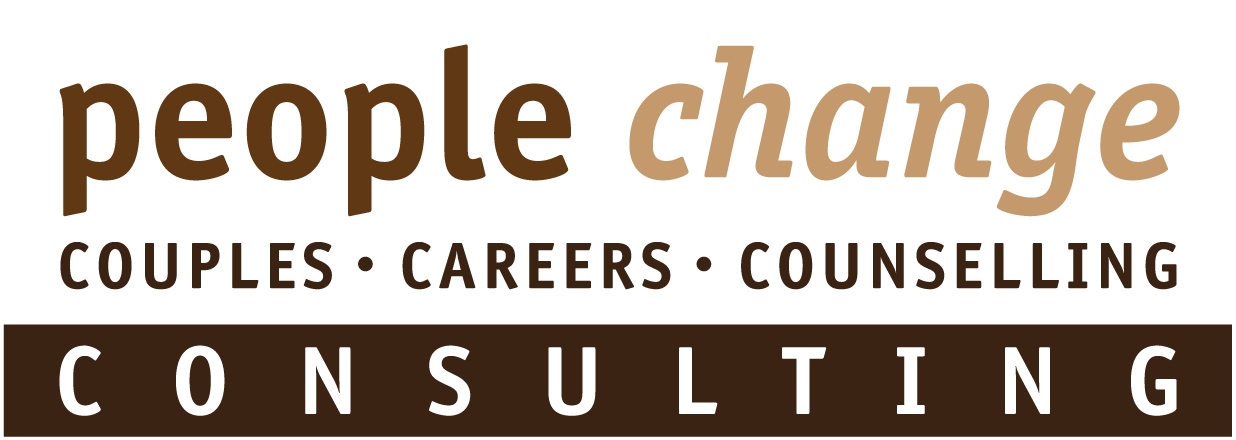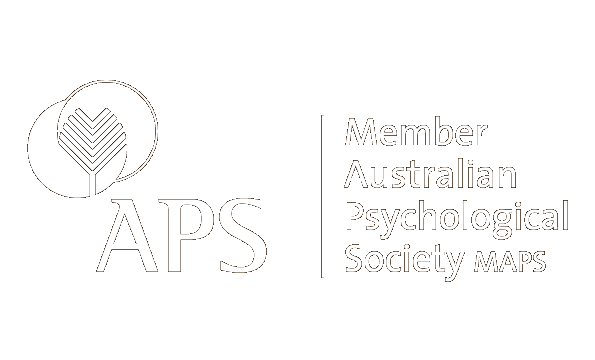YOUR NEEDS
Is your spouse/partner playing a role in your career decisions ?
Is your relationship “stuck” on work – life – family in/decision ?
When will it be “time” to engage a professional in working, with you and your partner, on these issues ?
Why include others in YOUR decision ?
Parents are often, directly or indirectly, included in careers counselling with school leavers. Parents are a significant and acknowledged element in the careers exploration, the decision processes and support of their teenage children.
Less well recognized (in career development theory, research and practice) is the role of the person’s spouse/partner as a participant in the decision process and their support through any career transition.
Our Service
Facilitates a review with your partner on work/stress & life/family decisions
Why this service?
- Career decisions/plans often involve family discussions and conflict
- Changing work patterns (eg. Site rotations, interstate projects, international postings, on-call demands) effect family life.
Program Goals:
- Relate career decisions to lifestyle plans of married/couples/partners
- Use positive communication, negotiation and conflict resolution
- Focus attention on and develop skills in joint decision making
Approach:
- Create a time, place and safety for building trust in communication
- Introduce evidence based “ground rules” for positive communication
- Identify interests and emotions involved in the careers change issue/s
- Review a structure for your discussion and decision making
Benefits:
- Both partners are involved – builds commitment to a decision / path
- Both parties issues are appreciated, considered and respected
- Develops partner’s support in adopting new behaviours/decisions/moves
- Establishes a periodic review of career/relationship development (check-up)
QUALITY ASSURANCE
In my 30th year as a counselling and organizational psychologist, I am combining my two fundamental interests in psychology – careers development and couples counselling.
Across many years of providing careers counselling, in schools and organisations, I noticed that individual clients would review their hopes, hunches and plans with their “significant others” (parents and partners) after our sessions.
I began to think that my efforts might be more fruitful if these “significant others” were also engaged in the counselling and planning processes which occurred in the sessions.
I also noticed that my own career direction was influenced by my partner(s) and the quality of our discussions.
When I saw Prof David Blustein deliver a keynote speech, on Relational Careers Counselling, at the International Applied Psychology Congress in Melbourne in 2010, I felt deeply affirmed.
In recent years I had the opportunity to develop my knowledge and skills in couples counselling, and integrate this with career (identity) development models I had worked with for many years.
Selected sample of publications and presentations
- Alder, J, 2015, Attachment and identity: A difficult couple in careers counselling, Workshop at APS Psychology of Relationships Interest Group – National Conference, Melbourne
- Alder, J. & Beiers, V (2015) Couples Careers Counselling: Dynamics of engaging with “the other half”, Professional Practice Forum, APS Industrial/Organsational Psychology Conference, Melbourne
- Alder, J & Phillips, L (2012) Reflective Practice in Counsellor Education, PACFA Conference, Parkville
- Sturmey, I. & Alder, J (2011) “Maintaining Love: Psychologists and their partners”, APS Conference, Canberra
- Alder, J & Elliot, R (2007) Establishing the APS Coaching Psychology Interest Group in 1998 – 2002, (Paper Presentation) APS 3rd Biennial Symposium on Coaching Psychology, Darling Harbour, Sydney
- Alder, J (2003) Professional Profile, (refereed article) Australian Journal of Counselling Psychology, 4-5
Selected sample of projects
- Sharpe, C & Alder, J. (2004) Evaluation of OCPE Domestic Violence Officers Recruitment Program (SA DFC)
- Cross, D. & Alder, J. (2003) Evaluation of SA Refugee Welfare Services for DIMIA
EVIDENCE BASE
Social Construction & Relational Careers Counselling
Recently international careers development authorities, Blustein et al. (2012) and Richardson (2012) have written of the social context of career decision-making, including the participation of the spouse/partner.
- Blustein D et al. (2004) Toward a relational perspective of the psychology of careers and working: A social constructivist analysis, J. of Vocational Behaviour
- Blustein, D., Medvide, M., Kozan, S., (2012) A Tour of a New Paradigm Relationships and Work The Counseling Psychologist February 2012 40, 243-254
- Gottfredson L (1981) Circumscription & compromise: A developmental theory of occupational aspirations, Journal of Counseling Psychology, 28, 545 – 57
- Richardson S (1993). Work in people’s lives: A location for counseling psychologists. Journal of Counseling Psychology, 40, 425-433. (Seminal work)
- Richardson, M, (2012) The Ongoing Social Construction of the Counseling for Work and Relationship Perspective The Counseling Psychologist February 2012 40: 279-290,
- Self, J (2012) Experience of opposite-sex dual-earner couples with career decision making, unpublished Doctoral thesis, St Louis University

